Tancredi Attinà, Legacoop
Regenerate the urbs through the civitas.
It is not possible to take care of cities, by regenerating them, if we do not first build cohesive communities that inhabit the cities and take care of them. To create a cohesive community that inhabits the city means to infrastructure a system of relations between citizens-inhabitants and between them and urban spaces and services, integrative of urban dimensions of living, welfare and culture, The first and most essential of these is undoubtedly the housing system. With a clarification, however: while preserving its inalienable role as permanent residence, the house can (and must) assume distinct housing functions, elaborated in relation to the evolution of the same social instances: from temporary housing for workers and students away, housing programmes for specific social targets (elderly, disabled) accompanied by equally punctual sets of services, up to projects of reception, always temporary, for subjects with multiple frailties. In summary, a residential polyfunctionality that can be more effective the more it is exercised
and tested with forms of integrated management within the same living environments, so that it can be reaffirmed, although with different intensity and characteristics, the centrality of the house as a minimum cell of a welcoming and healthy urban habitat precisely because it is composite and heterogeneous.
Social housing is – as it is defined in our country – a “service of general economic interest” To be pursued through the construction of pluralistic and socially oriented public-private partnerships for governance and management of the entire value chain. By combining the hard component with the investment in the material, the investment in the management process, the so-called soft component, it is possible to convert social housing into a territorial and relational asset, or to structure a policy on sustainable living, where public and private intervention find a stable balance within a broad-based planning, achieving what the international literature calls alignment of interests. The care of cities cannot be separated from the dwelling, social housing must become practice of urban planning as well as urban housing can become practice within the planning and programming of public administrations.
PROGRAM
Partnerships Community and welfare promoters with varying levels of governance
Moderate
Paola Pierotti, PPAN journalist
Speakers
Giulia Maraviglia, sociologist
Flaviano Zandonai, sociologist
Round table: “Pluri-Minis-t er, Significant and Meaningful Partnerships”
Moderate
Paola Pierotti, PPAN journalist
Speakers
Diego Brescianini, Fund Manager Invest SGR
Franco Doni, Director of the Empolese-Valdelsa-Valdarno Inferiore Health Society
Saverio Mecca, Councilor of Scandicci on Ecological Transition, Proximity, Urban Agenda 2030
Martina Gentili, ARCO (Action Research for CO-development)
Paola Delmonte, Social Economist
Laura Colini, H-city Housing in the city cluster, Iuav University of Venice
Conclusions
Serena Spinelli, Member of the Tuscany Region House, Social Policies and International Cooperation
Italiano

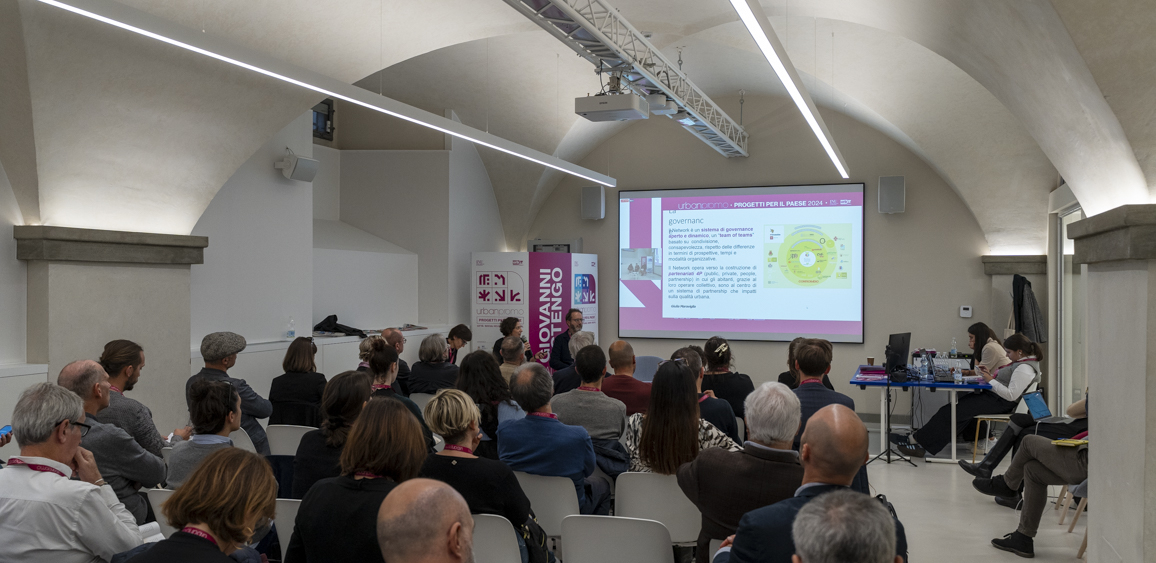
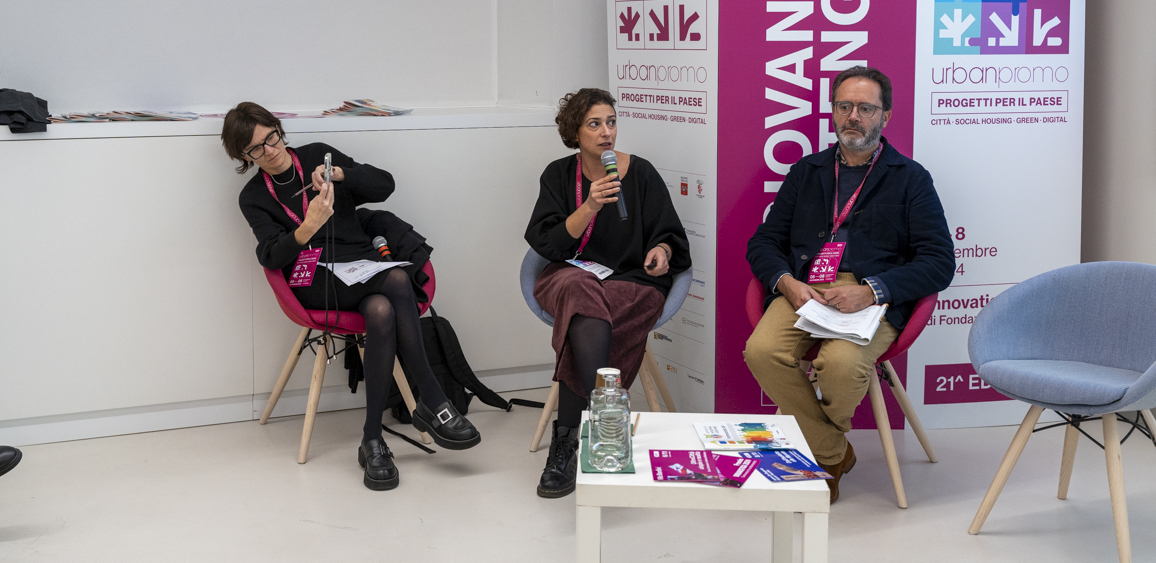

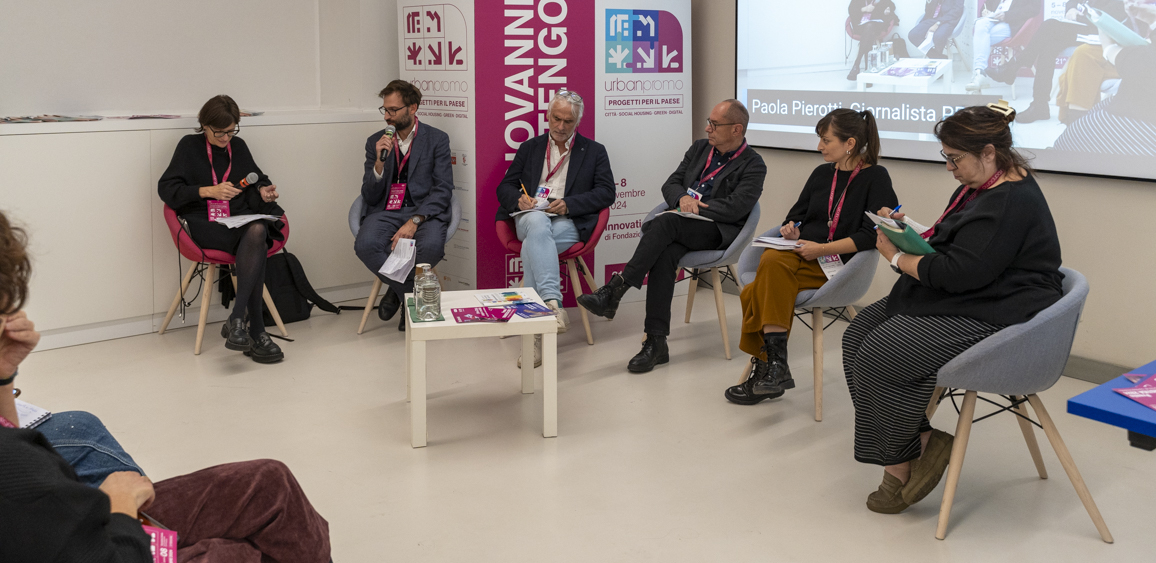
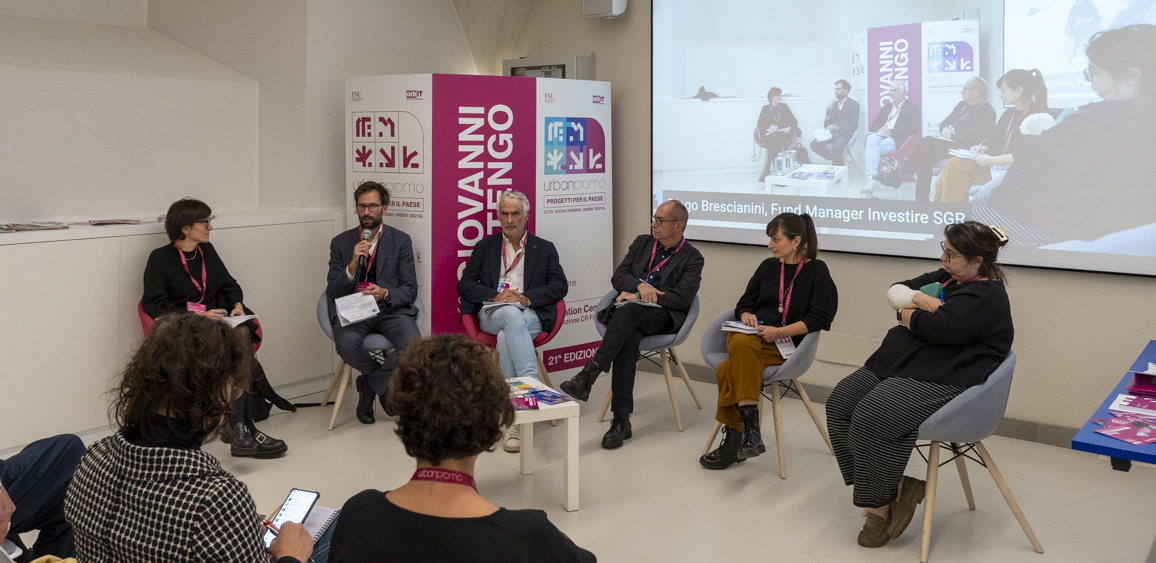

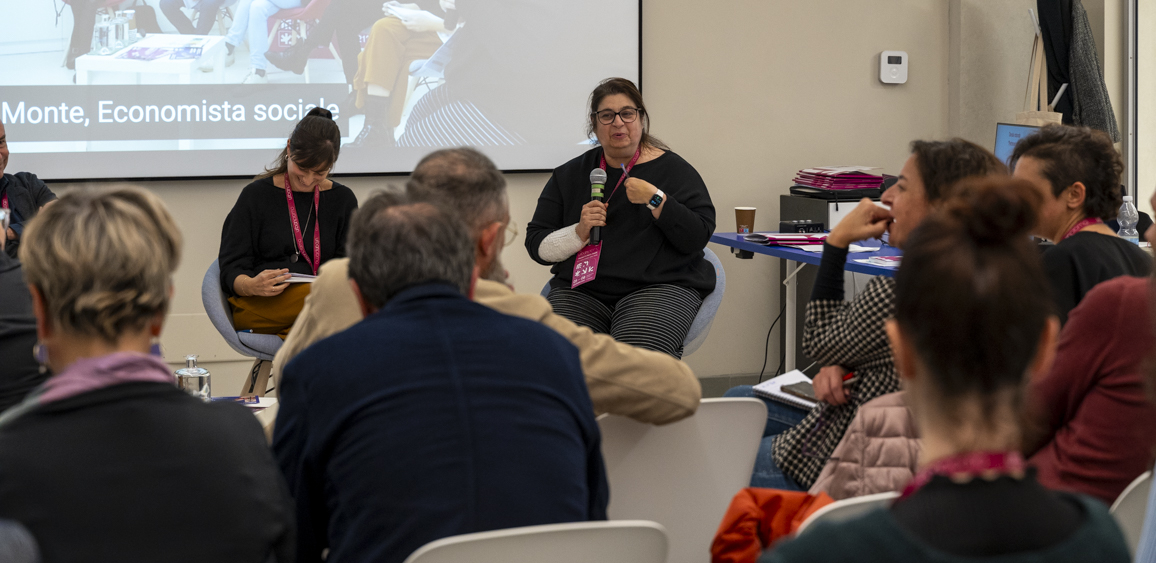
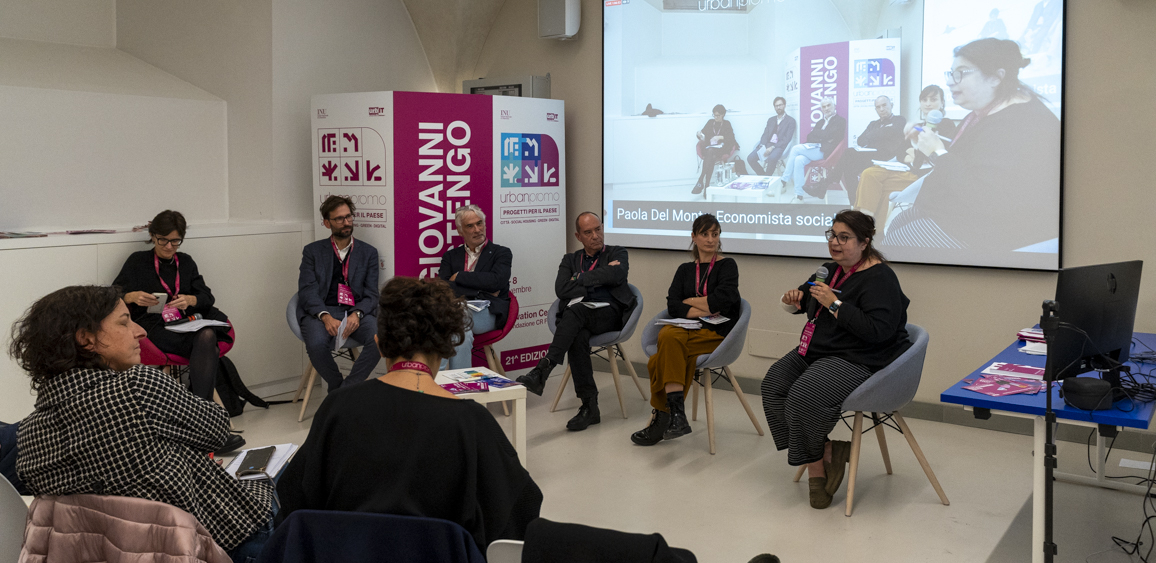
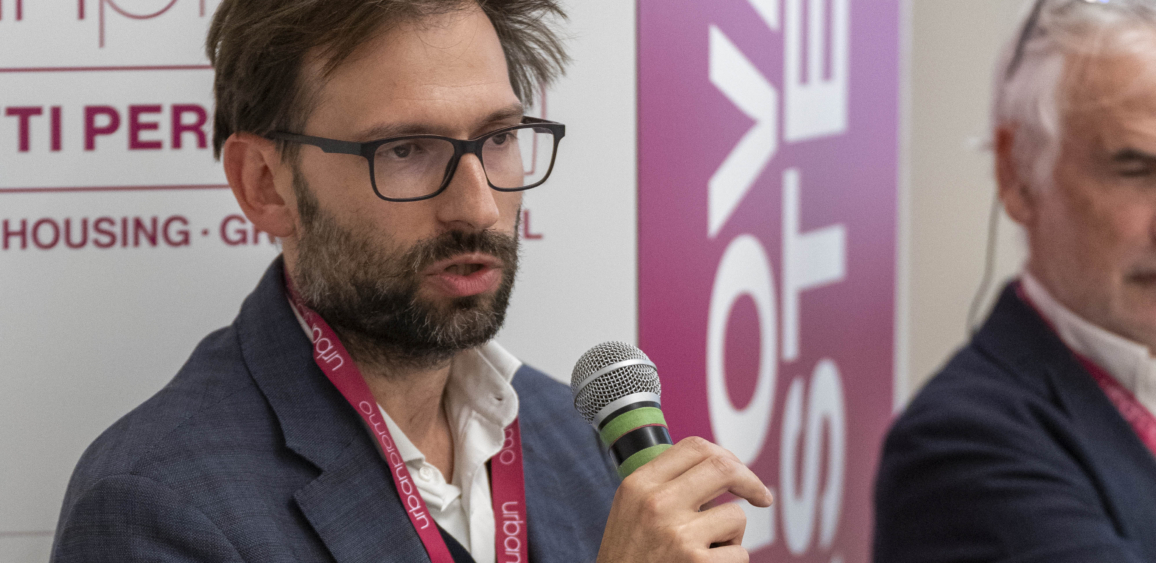
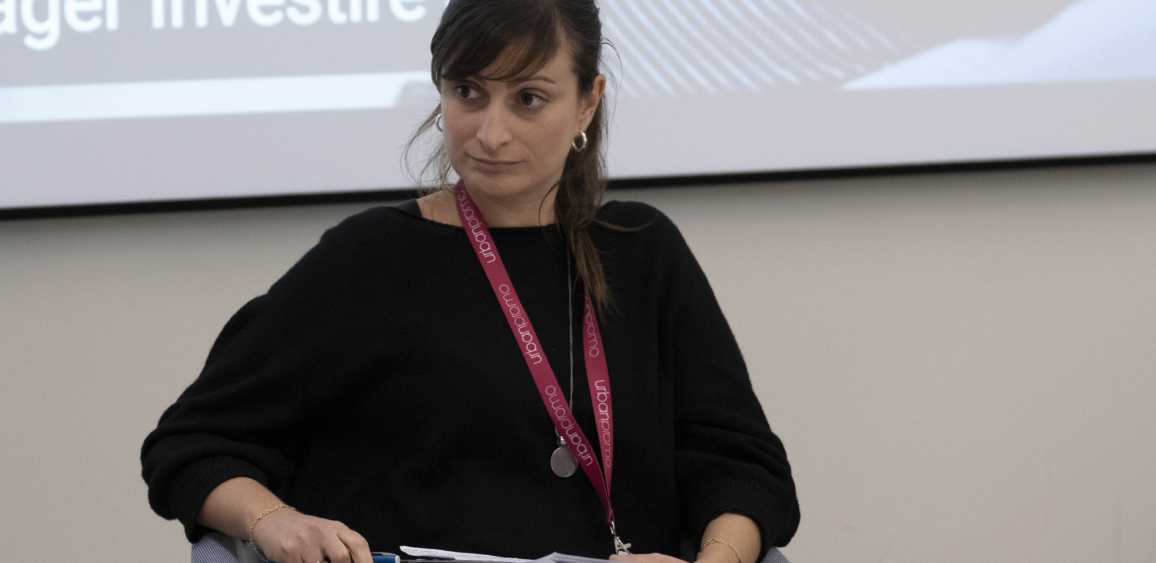
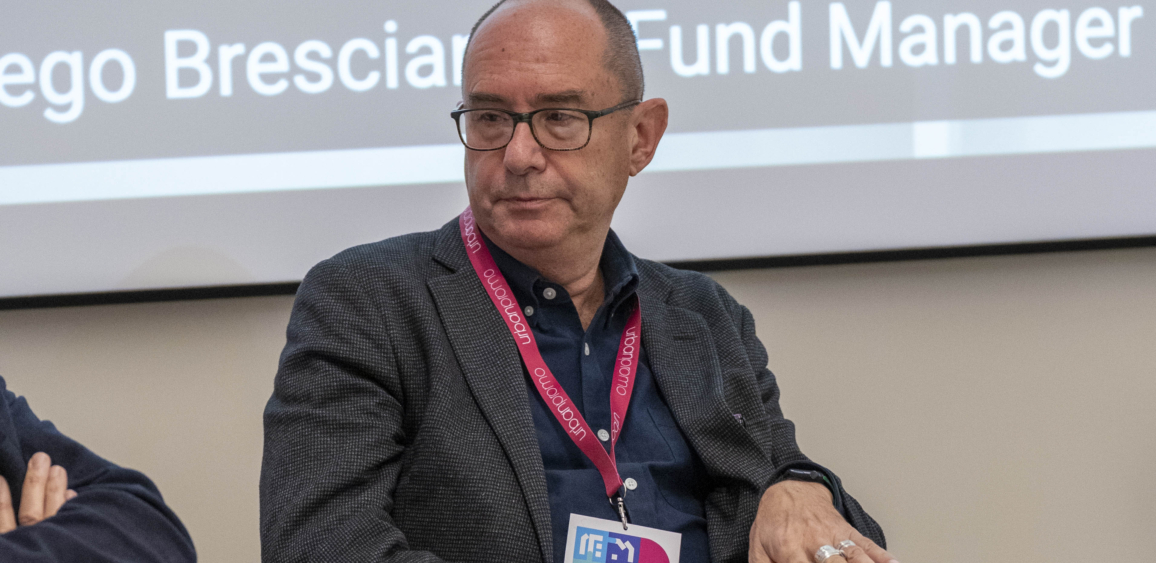

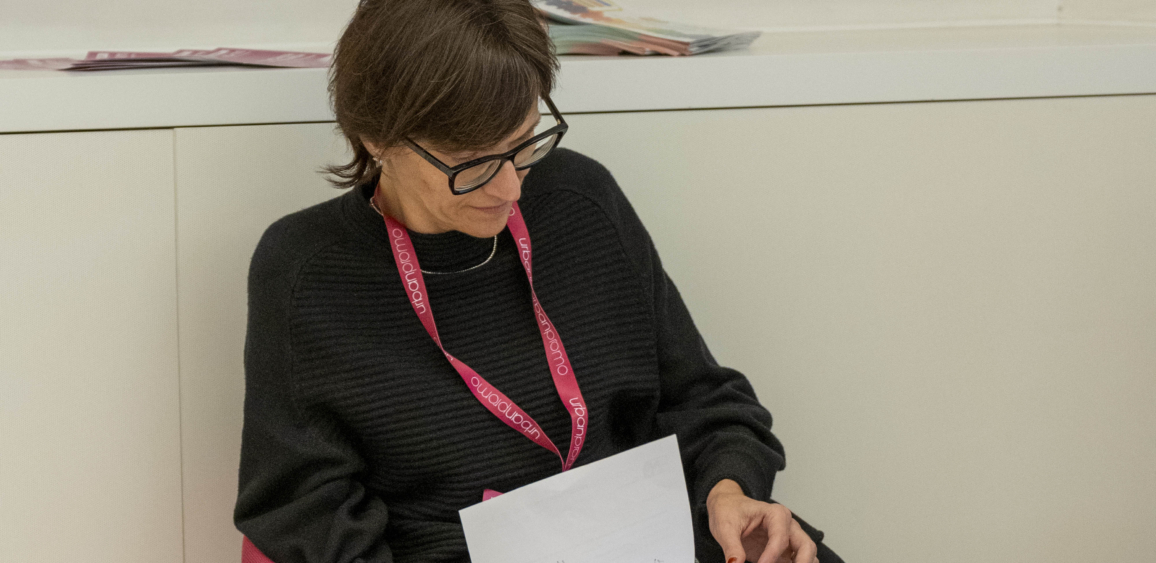
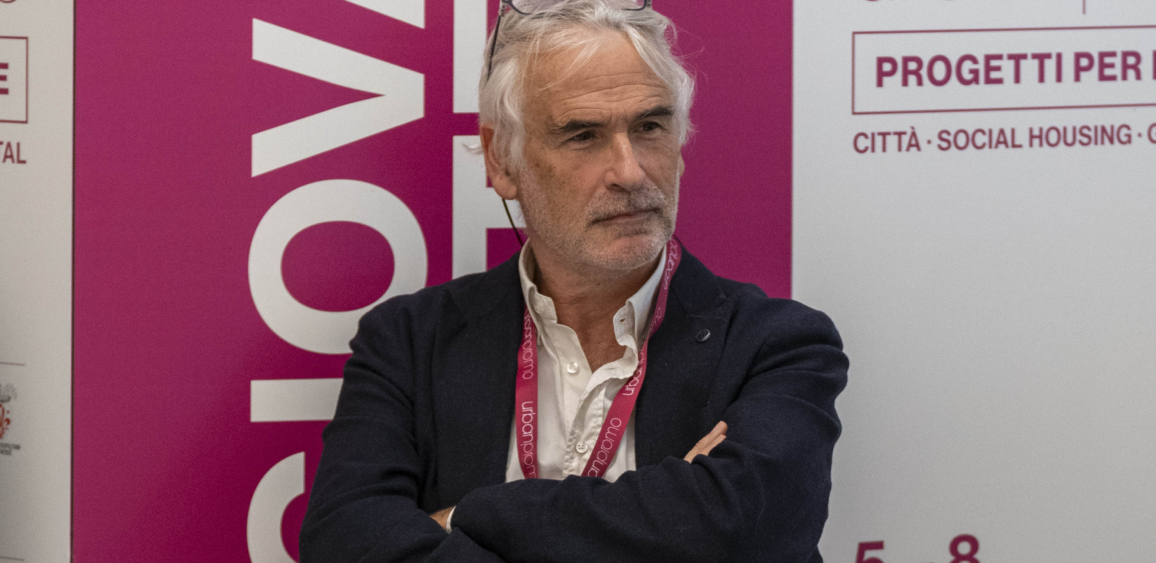
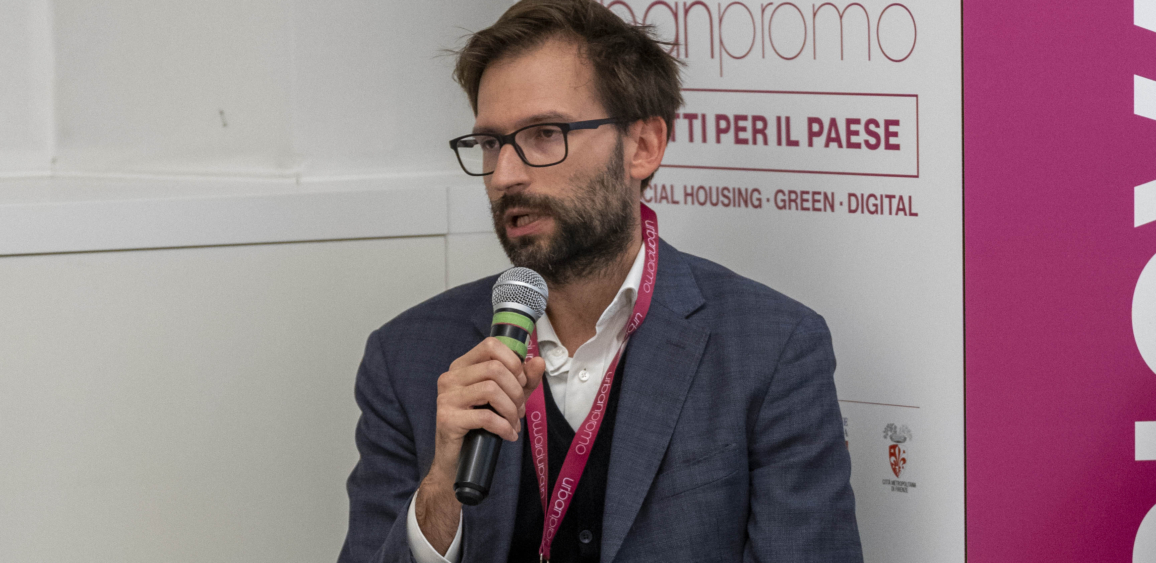
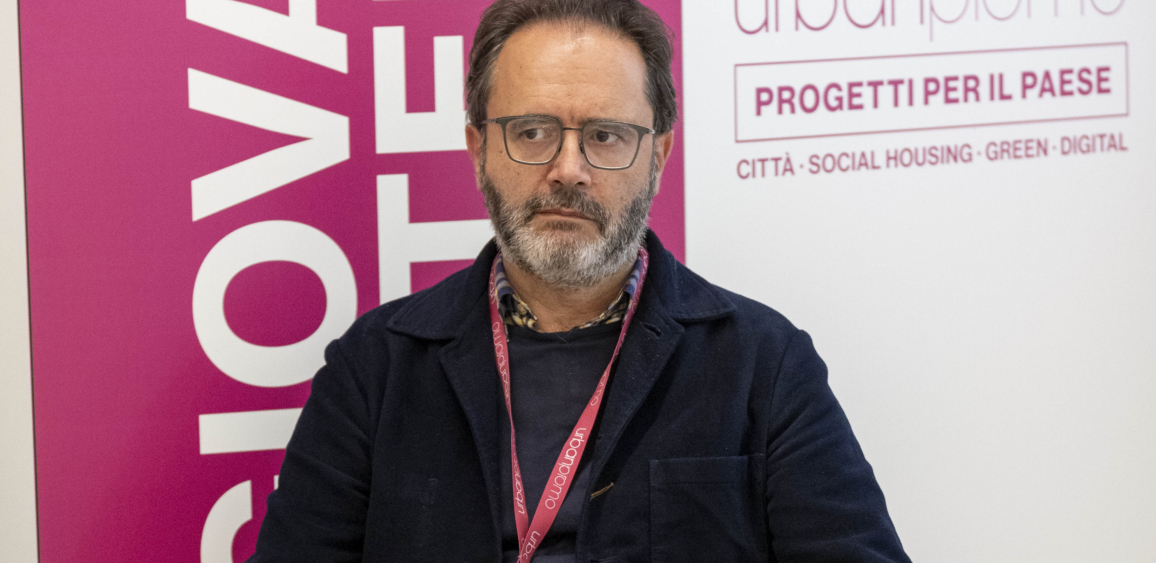

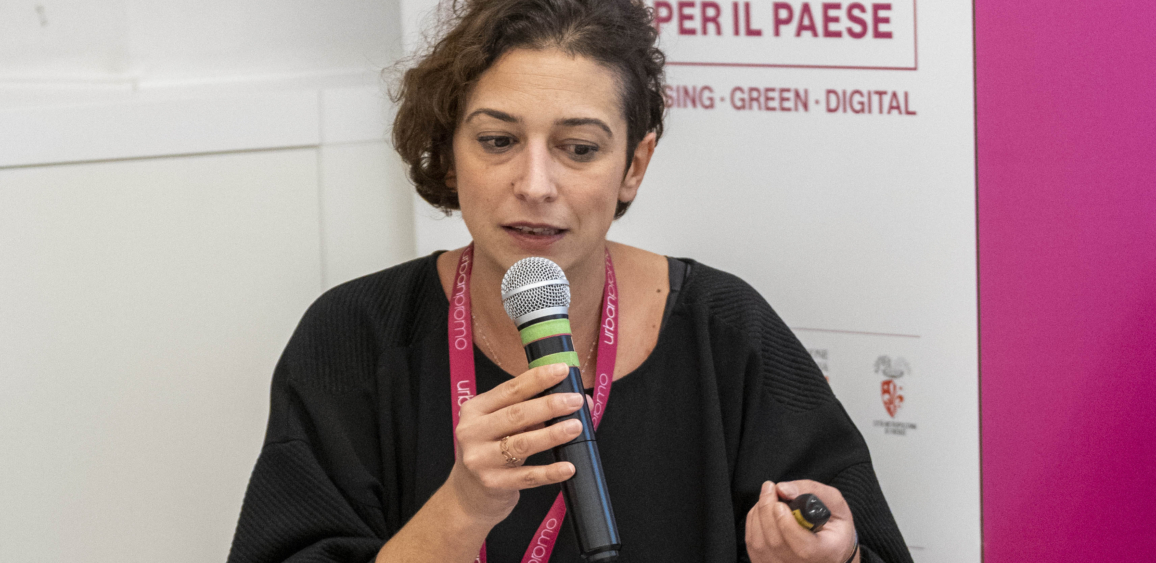
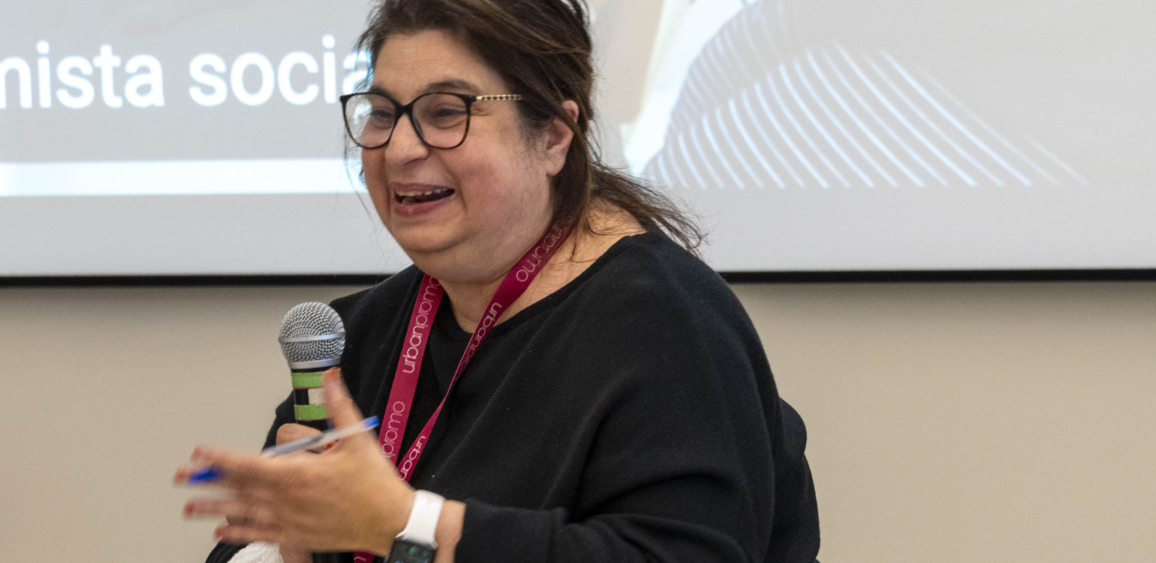
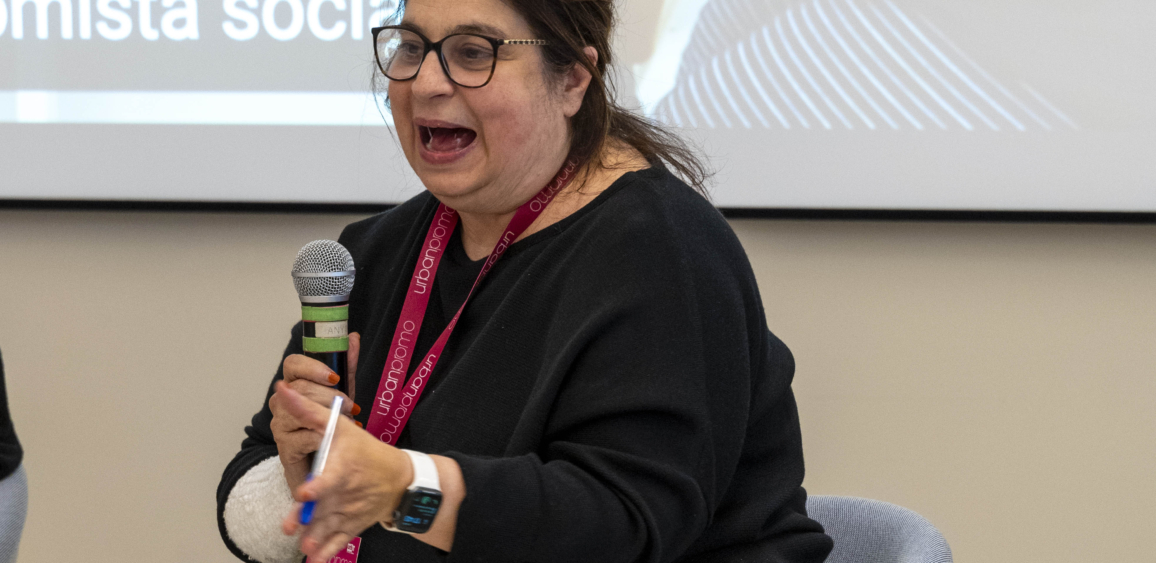

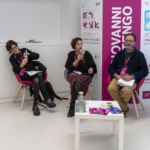
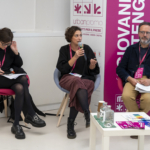
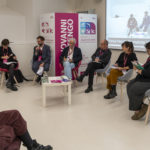

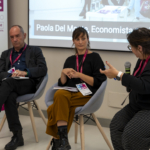





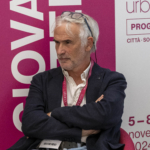

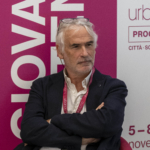
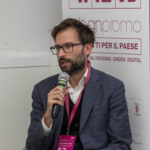


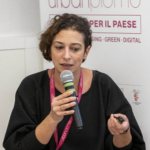


Contributions